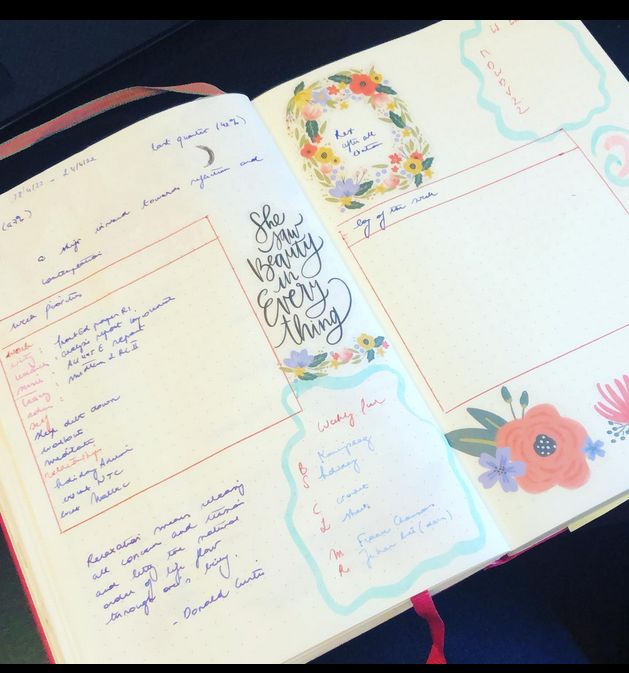
Nine mistakes to avoid during your PhD
Just like I wrote about some mistakes to avoid during the literature review, today I’m listing some of the most common pitfalls for PhD candidates. Here are nine common mistakes you should try to avoid:
- Not having a (clear) research question: Perhaps it feels tedious to sit down and reflect on your research question, and to spend time with your supervisory team to really craft your research question. You may be hired on a funded project, so you know what is expected from you in terms of experiments and calculations. But once you get to the point of writing your thesis, it can become very difficult to tie those experiments and calculations to something that is worth a PhD thesis.
- Stop reading literature after finishing the literature review: When you’ve written your literature review (which can be a report, draft thesis chapter, part of a go/no go report, or part of your proposal), you are “done” reading, right? Well, not quite so… You still have a few years of PhD research ahead of you, and you want to make sure you stay up to date with the developments in your field. Eventually, you’ll need to brush up that draft literature review chapter so that it is as actualized as possible when you submit your thesis draft.
- Not being in the driver’s seat: When you are a Master’s research thesis student, you get clear directions on what is expected from you, what you need to deliver, and what your timeline will look like. During the PhD, you have much more autonomy (how much depends on the format of your PhD trajectory and university). You’ll need to be in charge of your project, and not passively wait for your PhD supervisor to give you assignments to complete.
- Letting time run away: Four years (or the equivalent of the PhD duration in your system) may look like a long time, but you’ll be hard-pressed to find a fourth year PhD candidate who feels like they have oceans of time. Time does pass by, and keeping a good eye on your milestones and planning is crucial to be able to finalize on time.
- Isolating yourself: Some PhD candidates just disappear as they isolate themselves from their peers. The COVID-19 pandemic has only worsened isolation and made it harder for the current generation of PhD candidates to build a strong social network. You may think you’ll be more productive when you work from home all the time, but find a balance between concentrated work from home and hanging out with friends at university and learning from your palls in the lab.
- Being arrogant: When you are doing a PhD, you are so above the Ignorant Undergrads, right? Avoid this trap if you are working with a variety of researchers in your lab. The undergraduates may have less experience, but their input can be refreshing and new. The lab technicians are super important for your research. And, just as a good rule for life: treat everybody with respect.
- Getting lost in the details: A key skill during the PhD is being able to distinguish main problems from secondary items. Main problems will help you solve your research question. Secondary items may not require so much of your time and attention.
- Developing unhealthy habits: Shifting your sleeping schedule, living on take-out food, developing unhealthy spending habits… all of these are not good for you. Try to get sufficient sleep, eat nutritious meals, and get your exercise is during your PhD years. You’ll be healthier in the long run.
- Wanting to be somewhere else: Sometimes international PhD candidates come to their new universities with just one goal in mind: get the degree, and return home. Their entire family, university community, and everything that is dear to them is in their home country. They struggle to find a community at the university where they are getting their PhD, and suffer in the process, sometimes to the point of not terminating the degree and (in their opinion) disappointing everybody back home. When you are in such a difficult situation, try to find a community at your current university, and find a sense of space and belonging where you are.
Which of these mistakes do you struggle with? Share it in the comments below.



